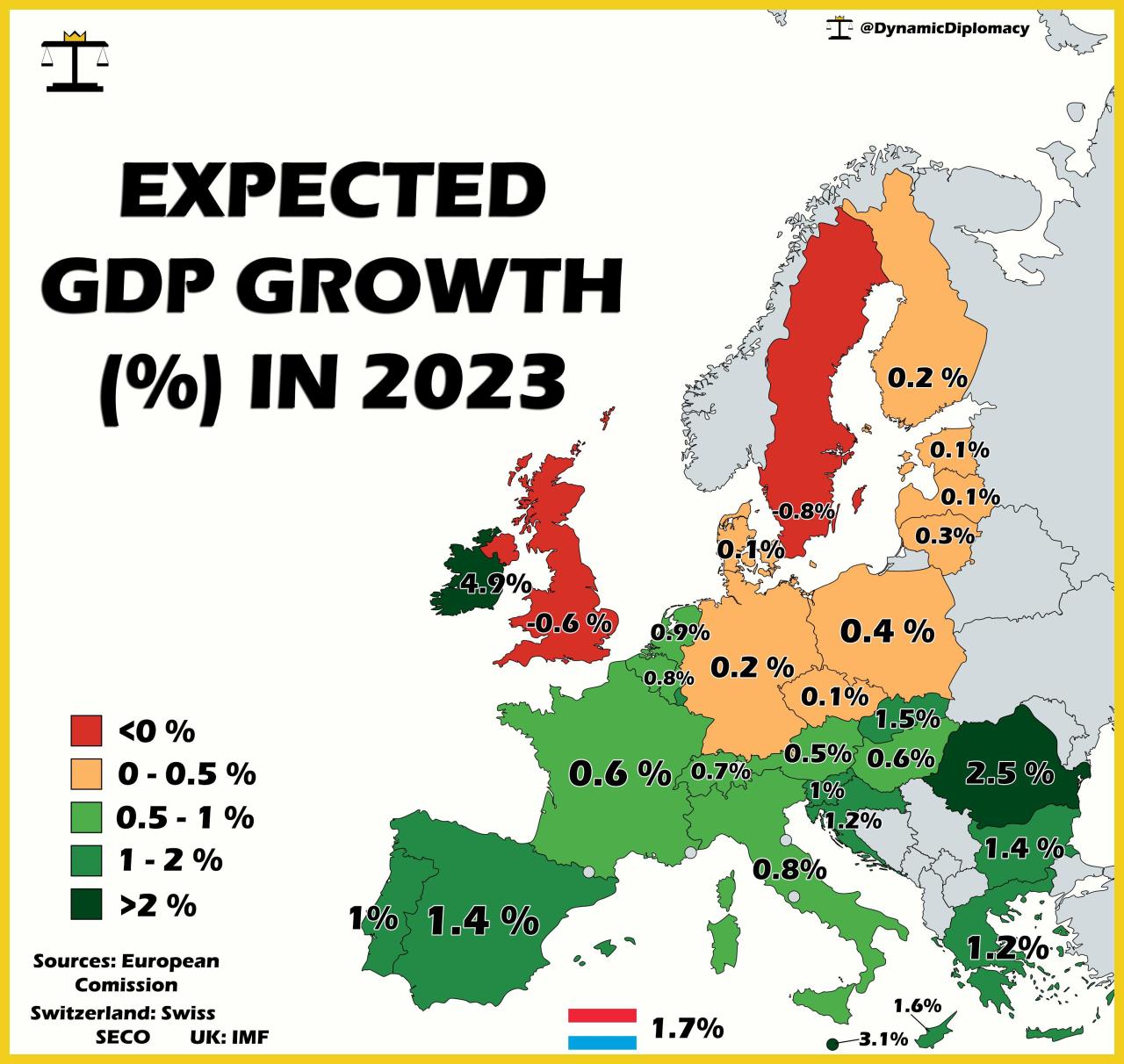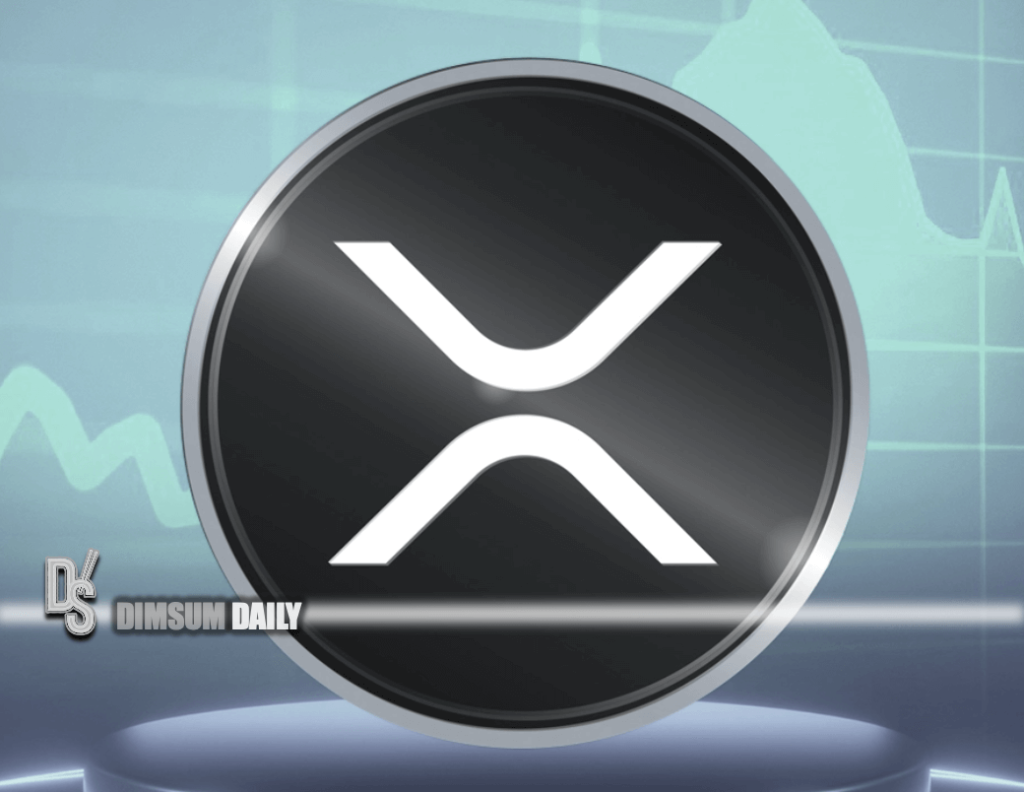Auto Dealers Double Down: Renewed Opposition To Electric Vehicle Mandates

Table of Contents
Economic Concerns and Infrastructure Readiness
The transition to an EV-centric market presents substantial economic hurdles for auto dealers. The high upfront costs associated with this transition threaten the profitability and even the viability of many dealerships, particularly smaller ones.
High Upfront Costs of EV Inventory and Infrastructure
Dealerships face massive investments to adapt to the EV sales model. This includes not only stocking up on EVs, which often carry higher initial costs than internal combustion engine (ICE) vehicles, but also building out the necessary charging infrastructure and training specialized technicians. The current lack of sufficient government support for these infrastructure upgrades exacerbates the problem.
- High cost of EV inventory: Electric vehicles, especially those with advanced features, command higher prices than comparable gasoline-powered cars. This ties up significant capital for dealerships.
- Need for specialized technicians: EVs require specialized knowledge and tools for maintenance and repair, necessitating expensive training programs for dealership staff.
- Expensive charging station installation: Installing adequate EV charging stations at dealerships involves substantial costs, especially for larger facilities.
- Lack of government incentives for infrastructure: The absence of comprehensive government programs to assist dealerships with infrastructure upgrades makes the transition even more challenging.
Impact on Profitability and Dealership Viability
The forced adoption of EVs through mandates risks significantly reducing the profitability of many dealerships. The lower profit margins on EVs, compared to ICE vehicles, coupled with the high upfront costs, creates a precarious financial situation.
- Reduced profit margins on EVs: Dealers often report earning lower profit margins on EV sales due to factors like higher initial costs and potentially lower service revenue.
- Potential for dealership closures: Many smaller dealerships, lacking the financial resources to adapt, risk closure if faced with mandatory EV sales quotas.
- Uncertainty about future EV sales volumes: The unpredictable nature of future EV demand adds another layer of risk for dealerships investing heavily in the transition.
- Need for government support to mitigate economic risks: Targeted government support, in the form of grants, loans, or tax breaks, is vital to help dealerships navigate this difficult transition.
Consumer Demand and Market Readiness
A key argument against mandatory EV adoption centers around the current level of consumer demand and market readiness. Dealers argue that forcing a transition before sufficient demand exists is not only economically unsustainable but also counterproductive.
Insufficient Consumer Demand for EVs in Certain Markets
While EV adoption is growing, it remains uneven across different regions and demographics. In many areas, the existing demand simply doesn't justify the drastic changes mandated by government regulations.
- Regional variations in EV adoption rates: EV adoption rates vary significantly across geographical locations due to factors such as charging infrastructure availability, electricity prices, and consumer preferences.
- Limited range of available EV models: The limited variety of EV models available, particularly in certain segments like trucks and SUVs, restricts consumer choices and limits market penetration.
- High purchase prices of EVs: The relatively high purchase price of many EVs remains a significant barrier for many potential buyers.
- Concerns about charging infrastructure availability: Range anxiety and the lack of widespread public charging infrastructure are major deterrents for potential EV buyers.
The Role of Consumer Choice and Market Forces
Dealers strongly advocate for a market-driven approach to EV adoption, allowing consumer preferences to dictate the pace of change. They contend that government mandates stifle innovation and undermine free-market principles.
- Free market principles: Dealerships believe that the transition to electric vehicles should be guided by market forces, ensuring that consumer demand drives the adoption rate.
- Consumer sovereignty: Consumers should have the freedom to choose the type of vehicle that best suits their needs and preferences, without government intervention.
- Technological advancements: A market-driven approach encourages innovation and competition, leading to faster technological advancements in EV technology.
- Importance of consumer education: Instead of mandates, focus should be placed on educating consumers about the benefits of EVs, thereby increasing demand organically.
Alternative Solutions and Policy Recommendations
Rather than imposing sweeping mandates, auto dealers suggest alternative strategies that promote a more gradual and sustainable transition to electric vehicles and other alternative fuel sources.
Focus on Alternative Fuel Vehicles and Technological Advancements
A more holistic approach would involve supporting a broader range of alternative fuel vehicles (AFVs), alongside EVs. This would allow for a more diverse and adaptable transportation landscape.
- Hybrid vehicles: Hybrid vehicles offer a bridge between ICE vehicles and fully electric cars, gradually reducing reliance on gasoline.
- Biofuels: Investing in sustainable biofuels can help reduce the carbon footprint of existing ICE vehicles.
- Hydrogen fuel cells: Hydrogen fuel cell technology presents a promising alternative fuel source for vehicles.
- Investment in battery technology: Continued investment in research and development is crucial for improving battery range, lifespan, and charging times.
- Smart grid integration: Integrating the electric grid with smart charging technology can optimize energy usage and reduce strain on the power system.
Targeted Incentives and Consumer Education
Instead of mandates, targeted incentives can encourage EV adoption while respecting consumer choice and market dynamics. Simultaneously, increased consumer education is essential to address concerns and promote informed decision-making.
- Tax credits for EV purchases: Government tax credits can make EVs more affordable and attractive to consumers.
- Subsidies for charging station installation: Government subsidies can help facilitate the expansion of public charging infrastructure.
- Public awareness campaigns: Public awareness campaigns can address consumer misconceptions and highlight the benefits of EVs.
- Addressing consumer concerns about range and charging times: Addressing range anxiety and concerns about charging infrastructure availability are critical for increasing EV adoption.
Conclusion
The intensified opposition to electric vehicle mandates from auto dealers underscores serious concerns about economic feasibility, consumer readiness, and the overall practicality of a rapid, forced transition. While acknowledging the importance of emission reductions and sustainable transportation, dealers urge a more balanced approach, respecting market realities and fostering innovation. A collaborative effort involving the government, industry, and consumers is essential for a smooth transition to electric vehicles. Rather than imposing restrictive EV mandates, policymakers should prioritize building a supportive ecosystem that encourages EV adoption through targeted incentives, infrastructure development, and comprehensive consumer education. This will pave the way for a cleaner automotive future while safeguarding the livelihoods of auto dealers and ensuring the long-term health of the automotive industry. Let's find common ground and work together to shape a sustainable transportation future, moving beyond the limitations of solely relying on electric vehicle mandates.

Featured Posts
-
 2024 Canadian Economic Forecast Ultra Low Growth According To David Dodge
May 02, 2025
2024 Canadian Economic Forecast Ultra Low Growth According To David Dodge
May 02, 2025 -
 Glastonbury 2025 Resale Tickets Your Last Chance
May 02, 2025
Glastonbury 2025 Resale Tickets Your Last Chance
May 02, 2025 -
 Significant Saudi Regulatory Change To Reshape The Abs Market
May 02, 2025
Significant Saudi Regulatory Change To Reshape The Abs Market
May 02, 2025 -
 Ripple Xrp And Sbi Holdings Shareholder Rewards And Market Impact
May 02, 2025
Ripple Xrp And Sbi Holdings Shareholder Rewards And Market Impact
May 02, 2025 -
 The Missing Piece Souness On Arsenals Premier League Failure
May 02, 2025
The Missing Piece Souness On Arsenals Premier League Failure
May 02, 2025
Latest Posts
-
 Dijon Incendie A La Mediatheque Champollion Bilan Et Consequences
May 10, 2025
Dijon Incendie A La Mediatheque Champollion Bilan Et Consequences
May 10, 2025 -
 Un Debut D Incendie Ravage La Mediatheque Champollion A Dijon
May 10, 2025
Un Debut D Incendie Ravage La Mediatheque Champollion A Dijon
May 10, 2025 -
 Implantation D Un Nouveau Vignoble De 2500 M A Dijon Valendons
May 10, 2025
Implantation D Un Nouveau Vignoble De 2500 M A Dijon Valendons
May 10, 2025 -
 Projets Viticoles A Dijon Plantation De 2500 M Aux Valendons
May 10, 2025
Projets Viticoles A Dijon Plantation De 2500 M Aux Valendons
May 10, 2025 -
 Dijon 2500 M De Vignes Plantes Au Secteur Des Valendons
May 10, 2025
Dijon 2500 M De Vignes Plantes Au Secteur Des Valendons
May 10, 2025
